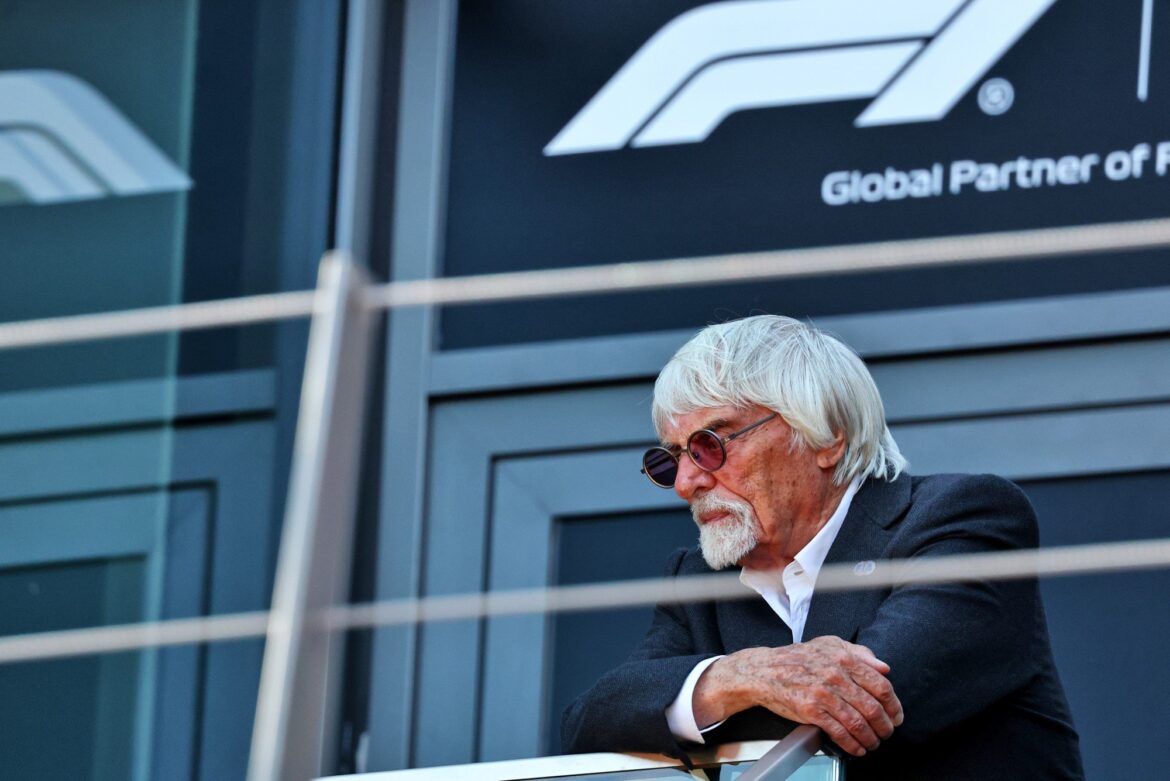The Absence of Germany in Formula 1: A Closer Look
The world of Formula 1 is constantly evolving, with new circuits and countries emerging as hosts for the prestigious racing events. However, one notable absence from the current calendar is Germany. The former head of Formula 1, Bernie Ecclestone, has expressed his thoughts regarding this situation, questioning why Germany has not been part of the F1 calendar for the past five years. In a recent interview with a German sports outlet, he shared his confusion about the absence of this iconic motorsport nation.
The Historical Significance of Germany in Formula 1
Germany has a rich history in Formula 1, being home to legendary tracks such as Hockenheim and the Nürburgring. The last official race held in Germany took place in 2019 at the Hockenheimring. The event was a significant moment for fans and drivers alike, showcasing the country’s deep-rooted connection to motorsport. However, the pandemic in 2020 forced the F1 calendar to undergo substantial changes, leading to the inclusion of the Nürburgring for the Eifel Grand Prix, which was won by Lewis Hamilton.
Financial Concerns as a Barrier
Ecclestone emphasized that the absence of a German Grand Prix primarily revolves around financial considerations. He stated, “It’s merely a question of money.” The former F1 chief believes that if an investor with adequate funding were to come forward, the return of the German Grand Prix could be a possibility. This financial aspect has created a challenging environment for potential organizers and stakeholders interested in bringing the race back to Germany.
The Current Landscape of Formula 1 in Germany
As of now, Germany stands alongside France as one of the major European nations missing from the F1 calendar. The lack of races in these countries raises questions about the future of motorsport in these regions. Despite the absence of a Grand Prix, interest in Formula 1 remains high in Germany. The recent participation of Max Verstappen, the four-time champion driving for Red Bull Racing, in the endurance championship NLS at the Nordschleife has rekindled enthusiasm among fans.
Max Verstappen: A Catalyst for Change?
Verstappen’s involvement in the NLS has generated considerable buzz. He not only participated in two rounds of the championship but also secured his A license and achieved victory on the challenging Nordschleife circuit. His presence attracted large crowds, indicating a strong desire for motorsport events in Germany. The overwhelming turnout raises an intriguing question: could this resurgence of interest be the catalyst needed to revive Formula 1’s presence in the country?
The Role of Spectators in Reviving Interest
The significant attendance at the NLS events demonstrates that German fans remain passionate about motorsport. The excitement generated by Verstappen’s participation showcases the potential for a successful return of Formula 1 to German soil. Spectator engagement is crucial for the viability of any racing event, and the enthusiasm displayed by fans might signal to potential investors that there is a market for a Grand Prix in Germany.
Challenges Ahead
While the prospect of bringing back the German Grand Prix is enticing, several challenges remain. The financial landscape for hosting such events is complex, and potential organizers must navigate various hurdles, including sponsorship deals, logistics, and government support. Additionally, the competition for hosting rights among other countries that are eager to attract Formula 1 races adds another layer of complexity.
The Future of Formula 1 in Germany
The future of Formula 1 in Germany largely hinges on the ability of stakeholders to address financial concerns and demonstrate a viable plan for hosting a successful Grand Prix. With the right investment and strategic planning, it is possible that Germany could once again become a key player on the F1 calendar. The passionate fan base, combined with the country’s historical significance in motorsport, makes a compelling case for the return of the German Grand Prix.
Conclusion
In summary, the absence of Germany from the Formula 1 calendar has raised questions and concerns among fans and former officials alike. Bernie Ecclestone’s insights shed light on the financial realities that have contributed to this situation. However, with renewed interest sparked by drivers like Max Verstappen and the unwavering enthusiasm of German motorsport fans, there is hope for the future. If the necessary financial backing can be secured, Germany may once again host one of the most prestigious events in the world of motorsport.
As the landscape of Formula 1 continues to evolve, it remains to be seen whether Germany will reclaim its place on the racing calendar. The combination of historical significance, passionate fans, and the potential for investment creates a hopeful narrative for the return of the German Grand Prix.
